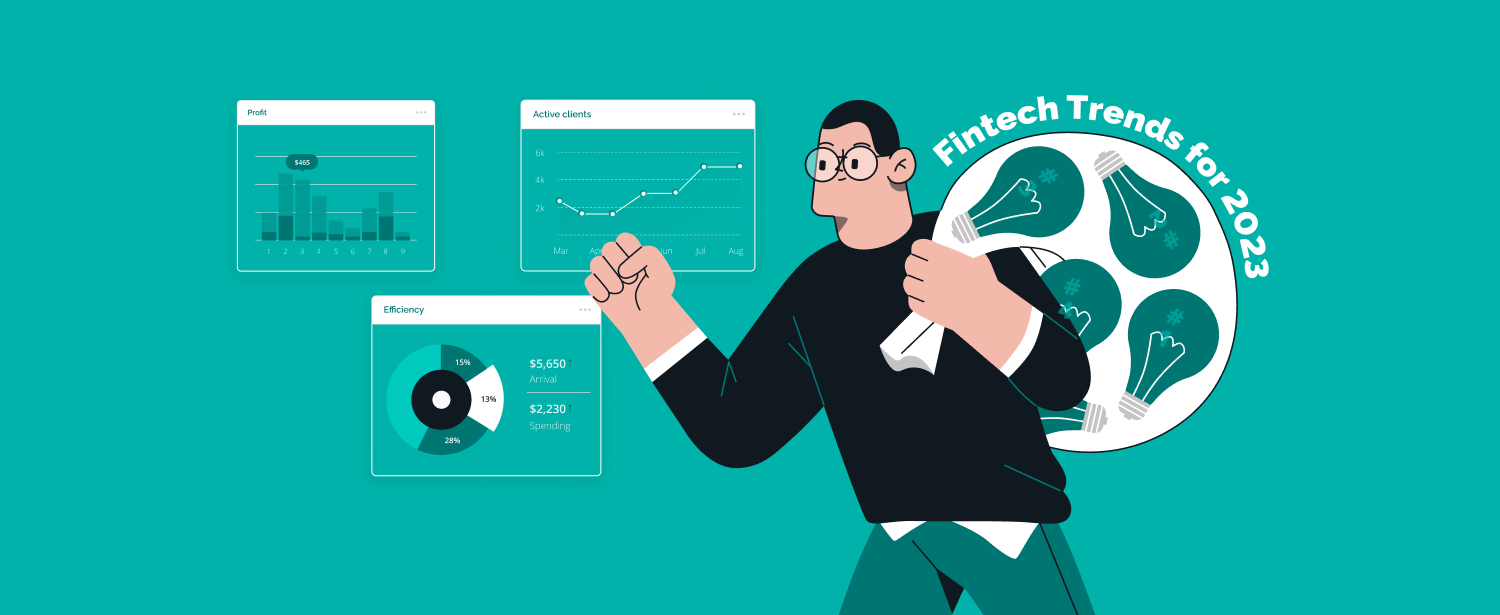
Financial technology is commonly known as Fintech, which combines the words financial and technology. Fintech describes new technology that seeks to automate and improve the delivery and usage of financial services. The use and development of cryptocurrencies such as bitcoin and digital cash are also included in Fintech.
Fintech utilizes algorithms and software on computers and smartphones to manage the financial operations and processes by consumers, business owners, and companies. Fintech has shifted towards providing consumer-oriented services and works with retail banking, investment management, fundraising, and education.
Fintech is increasingly forming a part of our daily lives. It enables you to manage your investment and finances without using the assistance of another person. You can financially transact while bypassing your bank in money transfers, check deposits, and applying for credit.
The users of Fintech are small businesses, business clients, banks, and consumers who are the general public. The four users of Fintech interact through the trends. Fintech sets up such as mobile banking, increased data, information, and more accurate decentralization and analytics.
Practical Application of Fintech
Fintech start-ups are heavily funded, but regulatory issues and problems arise. Fintech start-ups are designed to challenge, threaten, and finally usurp the roles traditional financial service providers such as banks have always provided in a faster and better way.
They offer trading sectors, provide credit with less stringent measures unlike banks, offer financial funding and other sectors traditionally under a single umbrella in banks. Fintech has unbundled the services into individual packages to improve efficiency and cut down on associated costs for each transaction.
In practice, Fintech deals and activities are most active in the following sectors:
- Digital cash and crypto-currencies.
- Cybersecurity to protect data from cybercrimes.
- Digital wealth management.
- Blockchain technology.
- Insurance.
Fintech Trends That Are Changing the Industry
1. Digital Banking and Mobile Payments Services
Neobanks are banks that only operate online and offer a wide range of banking features accessed through mobile applications. A customer can open an account through the app without filling in paperwork or going to a bank physically.
The user-friendly apps provide services such as loans, mortgages, saving accounts and have an easy payment and remittance process. Digital lending is lucrative as borrowers can access their funds days after borrowing. The major risk is that there is not enough regulation to protect borrowers.
2. Blockchain Technology
Blockchain technology seeks to decentralize the traditional finance concept through a shared ledger of transactions. There is no central ledger, but instead, peer-to-peer networks are entered where nodes work seemingly together even with third parties.
Two major blockchain technologies that will change the finance world are non-fungible tokens, NFTs, and decentralized finance, DeFi. Blockchain is the technology behind the growth of cryptocurrencies such as bitcoin, which are increasingly popular and a means of trade.
3. Smart Contracts
Smart contracts automatically execute contracts between sellers and buyers through utilizing computer programs. Smart contracts eliminate overhead costs and third parties, which reduces the fees a user pays and improves security for their data.
Smart contracts allow users to take short-term loans with collateral. Other benefits are increased efficiency, transparency, and accountability in the financial sector.
4. Voice-Enabled Payments
Fintech start-ups have incorporated voice-enabled technology that allows users to make payments using digital assistants and their smartphone’s voice recognition software. You can use Google Assistant, Siri, or Alexa to make payments, transfers and check your balance on your mobile apps.
Voice-enabled payments tool enables users who have a visual impairment to take control of their accounts. In a cashless economy where stall payments are made without any contact, the voice-enabled system appears to be a huge win for Fintech companies.
5. Virtual Cards
Virtual cards have a CVV code, a sixteen-digit number, and an expiration date that pays for online transactions. They are majorly used as a backup payment method where your physical cards such as VISA or Mastercard, which they are based from, are declined or not available.
You can easily acquire a virtual card from your mobile apps. However, the caveat is that they may not work with all retailers as they have not gained the same recognition as physical cards.
Dil Bole Oberoi





